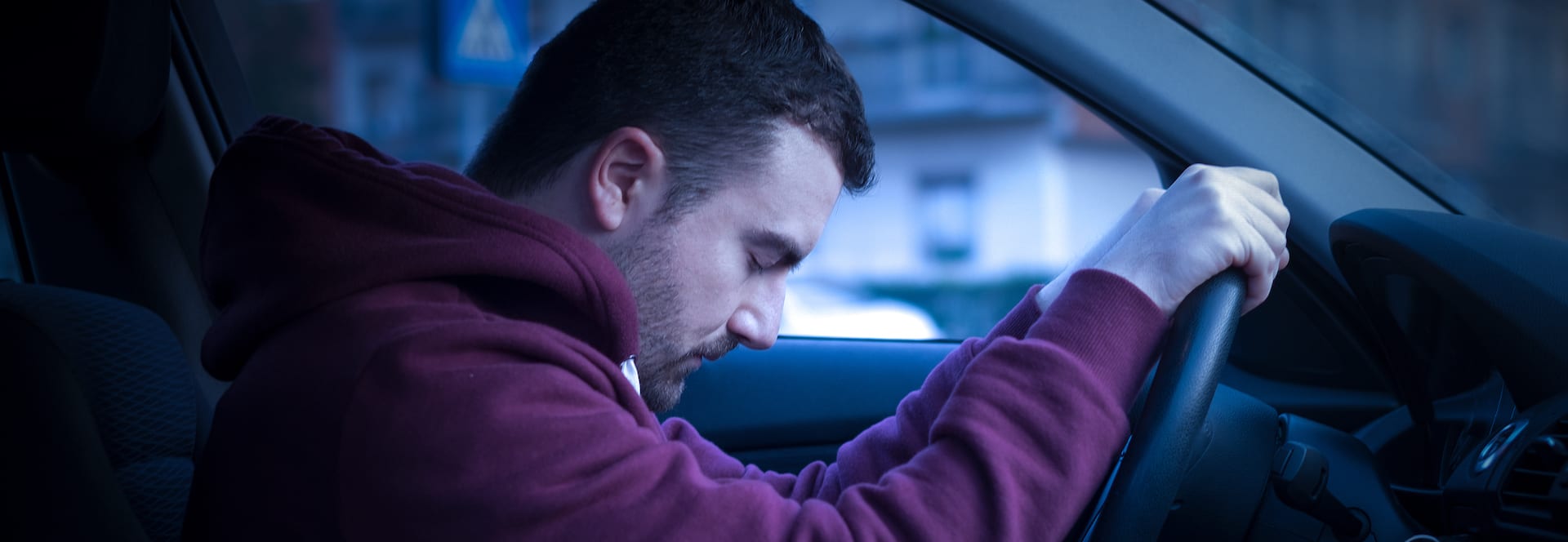
Drunk, distracted and reckless: We have all heard how dangerous these types of drivers can be on Georgia roads. There are marketing campaigns, educational efforts and laws passed that specifically address how unsafe these behaviors are behind the wheel, but are we overlooking another serious threat on the roads?
According to a recent survey, the answer is definitely yes. Drowsy drivers are among the most hazardous types of drivers, but we often overlook fatigue as the cause of many car accidents because it can be difficult to identify. But researchers have found a way to measure who is at risk for drowsy driving and how that can affect their chances of causing an accident.
The survey suggests that there are three levels of sleepers. Those who get at least seven hours of sleep a night are considered to be well-rested and not at a high risk of falling asleep behind the wheel. But those who get six hours of sleep a night are categorized as short sleepers and those who get fewer than five hours of sleep a night are considered very short sleepers.
As the number of sleep hours decrease, the risk of drowsy driving increases. The survey results suggested that short sleepers reported driving while drowsy twice as much as well-rested drivers. And very short sleepers were about four times more likely to report drowsy driving.
The risks associated with being tired behind the wheel are very real. People who fall asleep or are impaired by fatigue while driving reportedly cause more serious accidents than drivers who are impaired by alcohol. In fact, as many as 33 percent of fatal accidents are caused by a driver who is drowsy.
It can be difficult to identify sleep deprivation or fatigue as a contributing factor to a car accident. And in fact, many people do not know to look for signs of this impairment after a crash. However, accident victims in Georgia can work with an attorney to identify any signs of negligence that may have caused a painful crash. If another driver was tired, drunk, distracted or reckless behind the wheel, he or she can be held accountable for the injuries suffered by the victims.